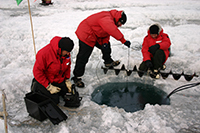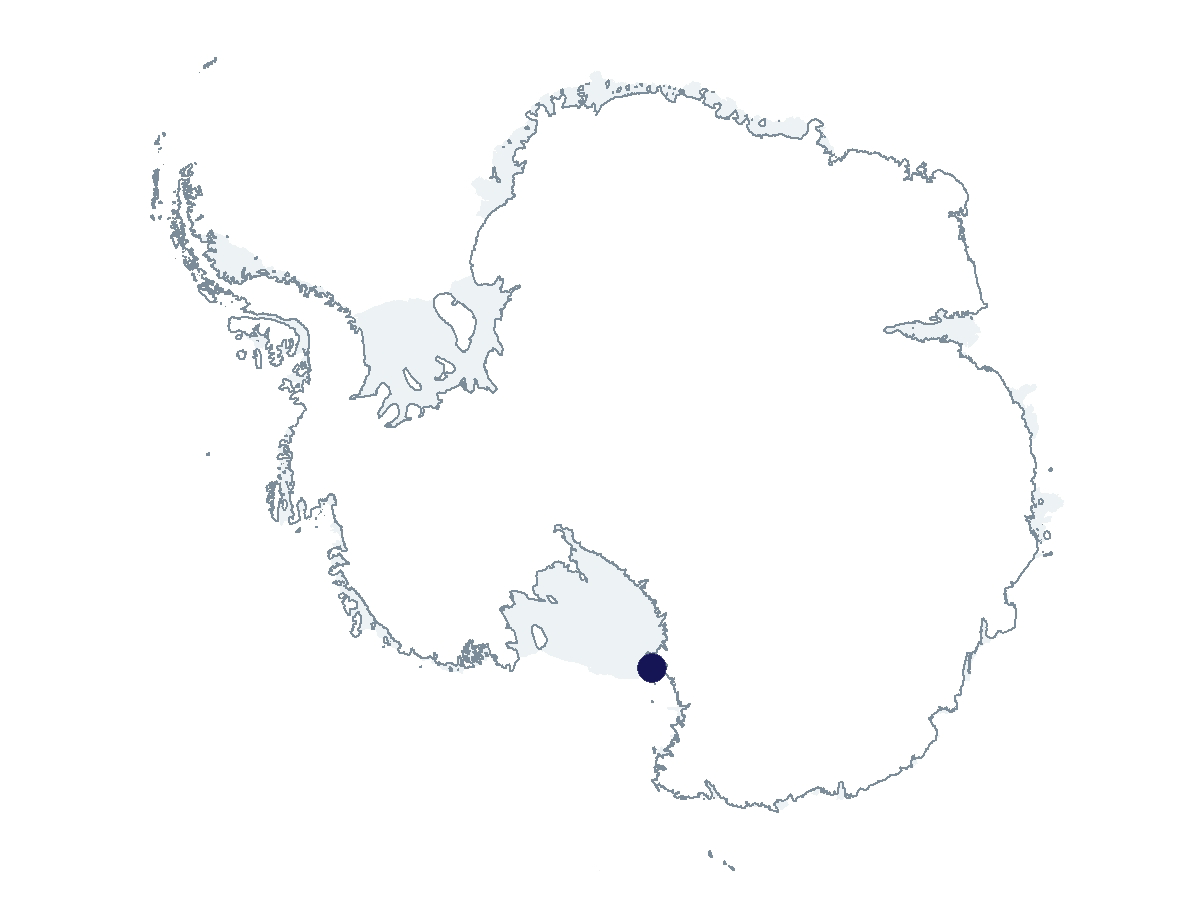2022-2023 USAP Field Season
Project Detail Project TitleMcMurdo LTER – Limnology: Ecosystem response to amplified landscape connectivity in the McMurdo Dry Valleys, Antarctica Summary
Event Number:
Program Director:
ASC POC/Implementer: Principal Investigator(s)
Dr. John Priscu
Project Web Site: Location
Supporting Stations: McMurdo Station DescriptionThe McMurdo Dry Valleys Long-Term Ecological Research (MCM-LTER) Program is an interdisciplinary and multidisciplinary study of the aquatic and terrestrial ecosystems in an ice-free region of Antarctica. The MCM-LTER has studied Dry Valleys ecosystems since 1993, and observed their responses to climate variations over time. Landscape connectivity, such as streams connecting glaciers to lakes, and lake level rise connecting upland soils, is recognized to be influenced by climate and geological drivers. Researchers hypothesize that increased ecological connectivity within the Dry Valleys will amplify exchange of biota, energy, and matter, homogenizing ecosystem structure and functioning. Researchers will test this hypothesis through continued monitoring and experiments over six field seasons. Specifically, researchers are examining how climate variation alters connectivity among landscape units and how biota (species, populations, and communities) are connected across this heterogeneous landscape, using state-of-the-science tools and methods, including ongoing and expanded automated sensor networks, analysis of seasonal satellite imagery, biogeochemical analyses, and next-generation sequencing. Participants will collect samples to study nitrification and denitrification genes in Dry Valley organisms, and will collect water and soil to investigate carbon flow through the ecosystem. Field Season OverviewThe C-505 LTER team focuses on limnology in the McMurdo Dry Valleys. A seven-person research team will travel to and from Dry Valleys study sites via helicopter, and will rotate through various Taylor Valley field camps with a final stay at Lake Hoare. They will work from Polarhaven tents built on Lakes Fryxell, Bonney, and Hoare and will drill and melt holes in lake ice both under and near these structures to access the water. Between field rotations, the team will be based in Crary Laboratory. Field activities will include collecting lake water from various depths to create a profile of the lakes' basic chemical and physical parameters, and managing sediment traps deployed on the lakes. They will use radioisotopes at field sites, at the fixed camps, and in Crary Lab. Additional water will be collected for a denitrification study. These experiments will assess the productivity of various lake, soil, and algae samples at multiple temperatures. Deploying Team Members
|
2022-2023 Science Planning Summary



For USAP Participants |
For The Public |
For Researchers and EducatorsContact UsU.S. National Science FoundationOffice of Polar Programs Geosciences Directorate 2415 Eisenhower Avenue, Suite W7100 Alexandria, VA 22314 Sign up for the NSF Office of Polar Programs newsletter and events. Feedback Form |



